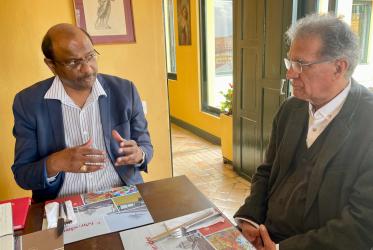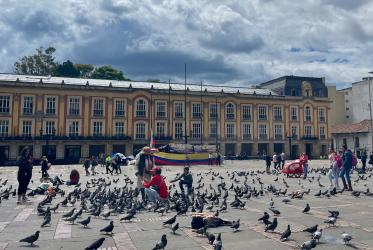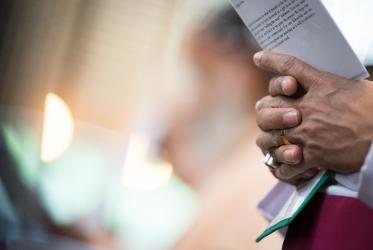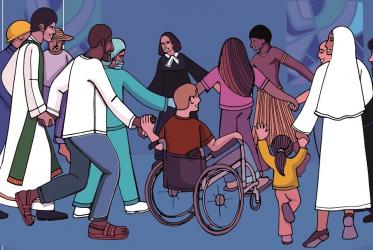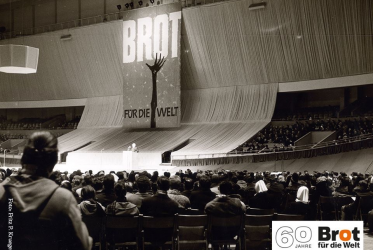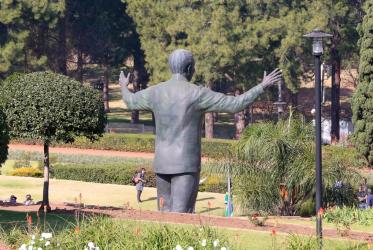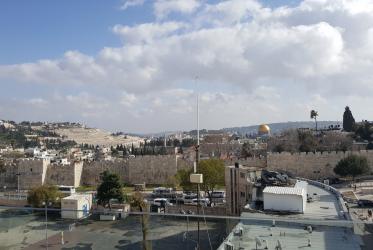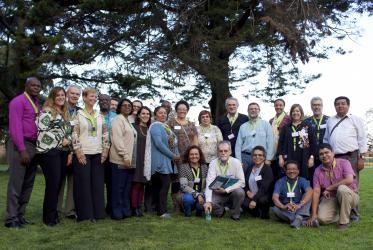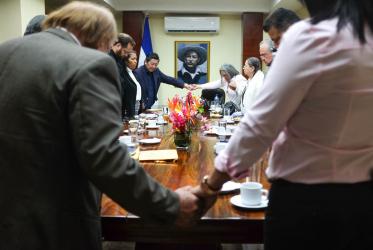Displaying 1 - 20 of 71
18 January 2024
Brazilian churches call for transformative racial justice
23 November 2020
WCC publishes two new Bible studies penned by authors from Colombia
24 February 2020
Churches in southern Africa stand against violence, xenophobia
10 October 2019
